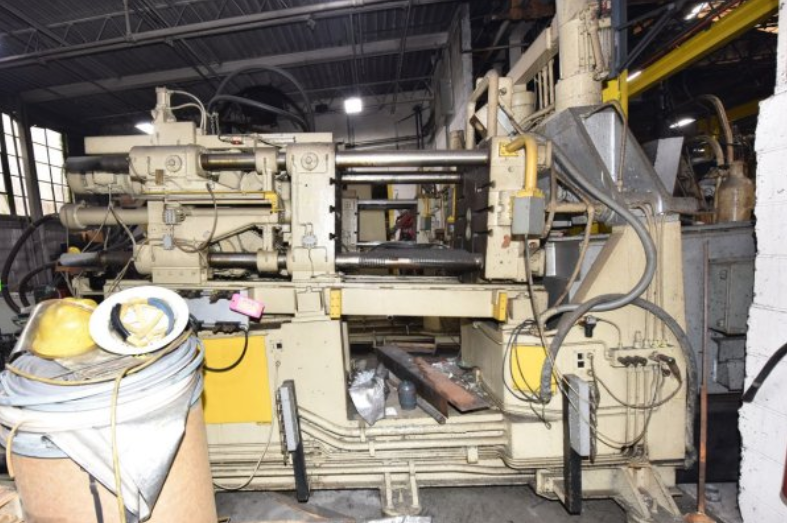OEM die-casting parts are an essential component of many industries, including automotive, aerospace, and medical devices. Die-casting is a manufacturing process that involves injecting molten metal into a mold cavity. This process produces high-quality parts with precise tolerances, making it an ideal choice for many industries. In this article, we will discuss the best OEM die-casting part options, focusing on high-quality materials, precise tolerances, and fast turnaround time.
Understanding OEM Die-Casting Parts
OEM die-casting parts are manufactured using a casting process that involves the use of high-pressure molten metal injected into a mold cavity under high pressure. This process results in a high-quality part that is accurate, durable, and strong. The most commonly used materials for die-casting include aluminum, zinc, and magnesium. Other metals, such as copper and brass, are also used depending on the specific application.

How to Choose the Best OEM Die-Casting Parts Supplier
When selecting an OEM die-casting parts supplier, there are several key factors to consider:
Quality Materials
The quality of the materials used in the die-casting process is perhaps the most critical factor to consider. High-quality materials ensure that the parts produced are durable, strong, and reliable.
Precision Tolerances
Precision tolerances are crucial for ensuring that the parts produced meet the specific specifications required for the application. An experienced supplier will have the necessary tools and expertise to achieve the desired tolerances.
Fast Turnaround Time
Fast turnaround time is essential for reducing lead times and ensuring that the parts are delivered to the customer on time. An experienced supplier will have the necessary equipment and processes in place to ensure prompt delivery.
Secondary Services
Secondary services, such as finishing and assembly, are also important considerations when selecting an OEM die-casting parts supplier. These services can save time and cost by providing complete solutions instead of requiring additional outsourcing.
Conclusion
In conclusion, OEM die-casting parts are an essential component of many industries, providing high-quality parts with precise tolerances. When selecting an OEM die-casting parts supplier, be sure to consider factors such as quality materials, precision tolerances, fast turnaround times, and secondary services to ensure that you receive the best possible solutions for your specific needs.

-

- Horquilla rígida de aleación de magnesio para bicicleta, piezas de metal de fundición a presión personalizadas
-

- OEM Die casting manufacturer produce magnesium alloy auto dashboard
-

- Piezas de fundición de aleación de magnesio marco de bicicleta mecanizado CNC y acabado de superficies
-

- Piezas de UAV de fundición a presión de tixomoldeo de aleación de magnesio C
-

- Fundición a presión de aleación de magnesio Autopartes Carcasa RDM
-

- Componentes de tixomoldeo de aleación de magnesio

 0086-750-5616188
0086-750-5616188 +86 13392089688
+86 13392089688 sales@zhongmei-tech.com
sales@zhongmei-tech.com







